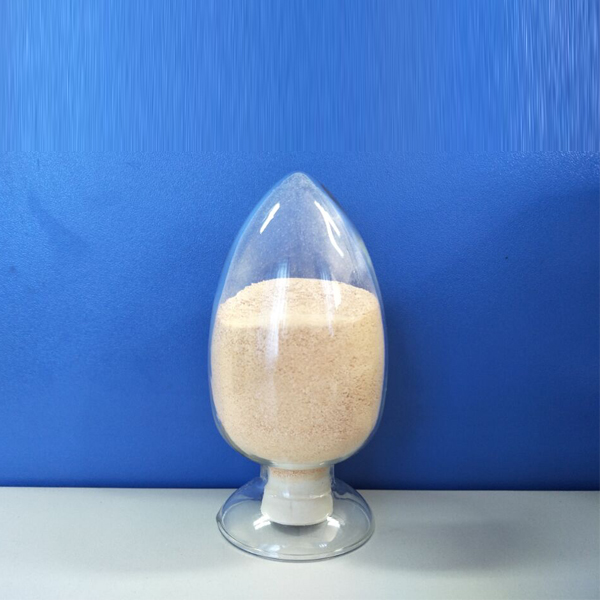
News
dec . 05, 2024 10:58 Back to list
Corrosion Prevention in Boilers Using Custom Chelant Solutions for Enhanced Performance
Understanding Custom Chelant Corrosion in Boilers
Corrosion is a critical concern in boiler systems, significantly impacting their efficiency, safety, and operational lifespan. While many know about traditional corrosion prevention methods, there's a growing interest in custom chelants as a means to combat this pervasive issue effectively. In this article, we will explore what chelants are, how they work, and their benefits and drawbacks in boiler systems.
What are Chelants?
Chelants are organic compounds that can form multiple bonds with a single metal ion. The term chelate comes from the Greek word chele, meaning claw, as these compounds 'claw' onto metal ions, effectively sequestering them. This property makes chelants particularly useful in various industrial applications, including water treatment, agriculture, and, notably, corrosion prevention in boilers.
In a boiler system, water is a critical component, serving as the heat transfer medium. However, water can also introduce various impurities, such as salts and minerals, which facilitate corrosion processes. By using custom chelants, operators can mitigate the corrosive effects of these impurities, prolonging the life of the boiler and maintaining its efficiency.
How Do Custom Chelants Work?
Custom chelants function through a process known as complexation, wherein a chelant molecule surrounds a metal ion, preventing it from participating in corrosive reactions. For instance, iron and copper ions can lead to scaling and pitting, common forms of corrosion. When a chelant is introduced, it binds to these metal ions, keeping them in solution and preventing them from forming solid deposits or exacerbating corrosion.
Additionally, some chelants have properties that reduce the surface tension of water, allowing better penetration into smaller crevices within the boiler system. This capability ensures a more uniform protective effect and aids in cleaning existing deposits.
Benefits of Custom Chelants
1. Enhanced Corrosion Protection The primary benefit of using custom chelants is their ability to significantly reduce the rate of corrosion. By sequestering metal ions that can cause damage, they contribute to improved system longevity and reliability.
custom chelant corrosion boiler

2. Improved Boiler Efficiency Corrosion can lead to scaling and blockages, which hinder heat exchange efficiency. By minimizing these risks, custom chelants can help maintain optimal boiler performance, ultimately translating to cost savings.
3. Flexibility and Customization One of the most significant advantages of custom chelants is their adaptability. Formulators can design chelants tailored to specific water chemistries or operational conditions, ensuring maximum effectiveness in diverse environments.
4. Environmentally Friendly Options Many custom chelants can be designed to be biodegradable and less harmful to the environment, making them an appealing choice for industries seeking to enhance their sustainability practices.
Drawbacks and Considerations
While the benefits of custom chelants are compelling, there are also potential drawbacks to consider
1. Initial Cost Implementing a custom chelant solution may require a higher initial investment compared to traditional corrosion inhibitors. Companies must weigh this cost against the long-term savings in maintenance and downtime.
2. Complex Formulation The effectiveness of a custom chelant can be highly dependent on its formulation and the specific conditions of the boiler system. This complexity can sometimes lead to inconsistent results if not properly managed.
3. Monitoring and Maintenance Successful implementation of chelants requires diligent monitoring. If the concentration of chelants drops, the system may be susceptible to corrosion, necessitating a robust maintenance regime.
Conclusion
Custom chelants represent a promising development in the fight against boiler corrosion. By sequestering harmful metal ions and improving water chemistry, they can protect boiler systems from one of the most significant threats to their integrity and performance. Though there are challenges to their use, the potential benefits for efficiency, longevity, and environmental impact make custom chelants an essential consideration for industries relying on boiler operations. As research and development in this field continue to advance, we can expect to see even more effective and tailored solutions emerge to combat corrosion in boiler systems.
-
Polyaspartic Acid Salts in Agricultural Fertilizers: A Sustainable Solution
NewsJul.21,2025
-
OEM Chelating Agent Preservative Supplier & Manufacturer High-Quality Customized Solutions
NewsJul.08,2025
-
OEM Potassium Chelating Agent Manufacturer - Custom Potassium Oxalate & Citrate Solutions
NewsJul.08,2025
-
OEM Pentasodium DTPA Chelating Agent Supplier & Manufacturer High Purity & Cost-Effective Solutions
NewsJul.08,2025
-
High-Efficiency Chelated Trace Elements Fertilizer Bulk Supplier & Manufacturer Quotes
NewsJul.07,2025
-
High Quality K Formation for a Chelating Agent – Reliable Manufacturer & Supplier
NewsJul.07,2025
